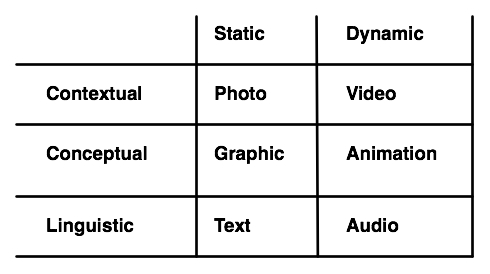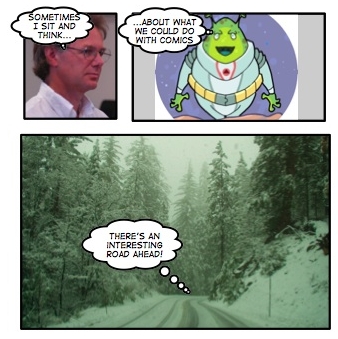I saw the Dalai Lama in person when he was the year’s Wallace Wurth Memorial Lecture speaker at the University of New South Wales when I was there. A truly inspirational leader, he exudes wisdom and preaches practical peace. Others have noted that he’s “interested in technology, and he occasionally makes remarks about the Internet and how its communication aspects hold great hope”. However, he doesn’t have time for a blog.
Now, one’s been created for him. This blog links to writeups from some select people, and points to others. If you’re a fan, it’s the place to go.


